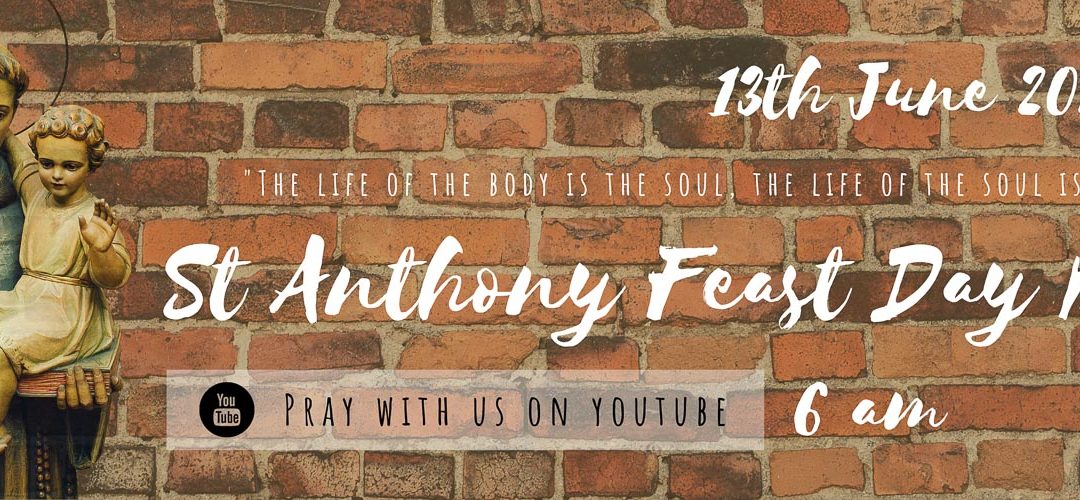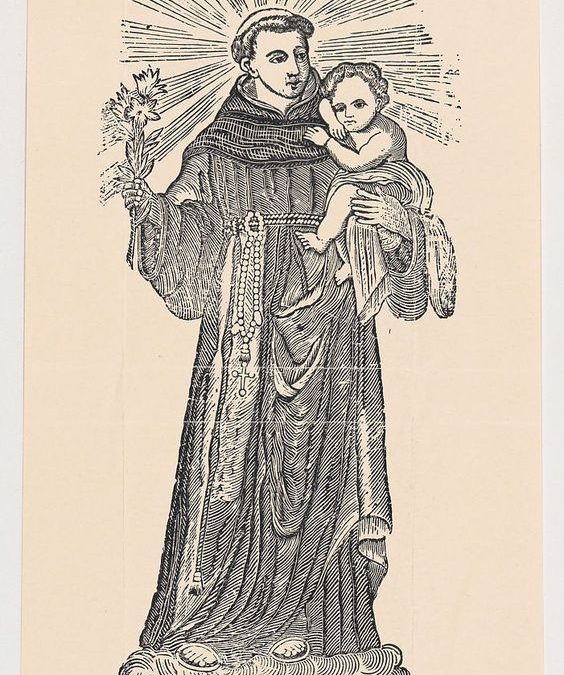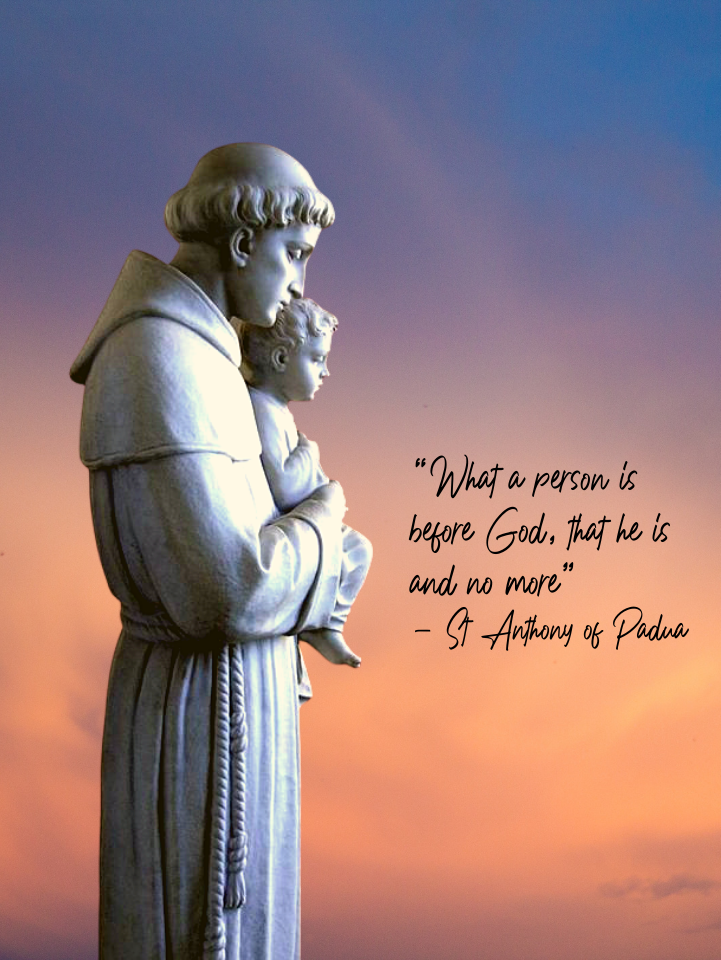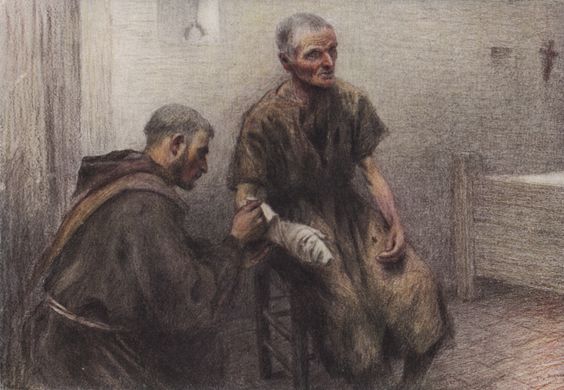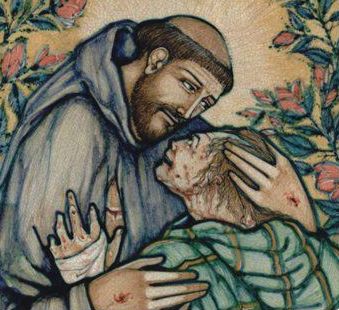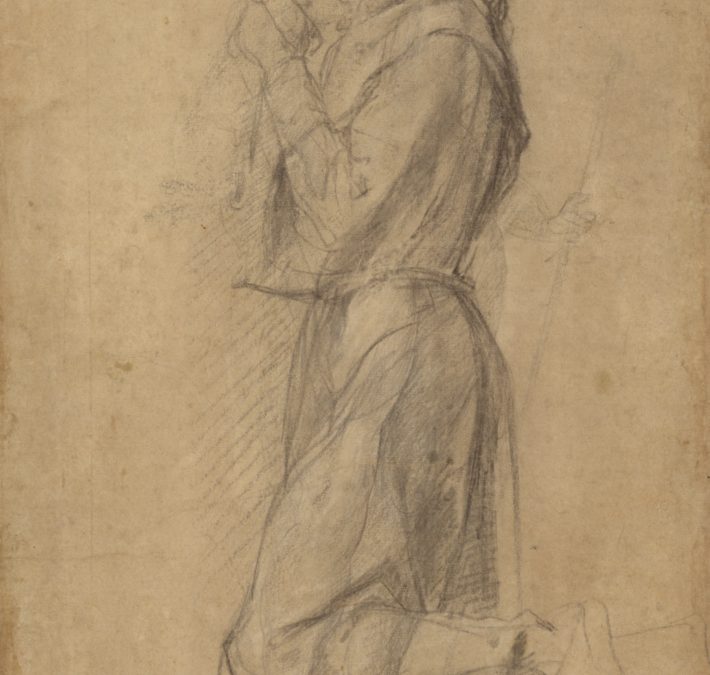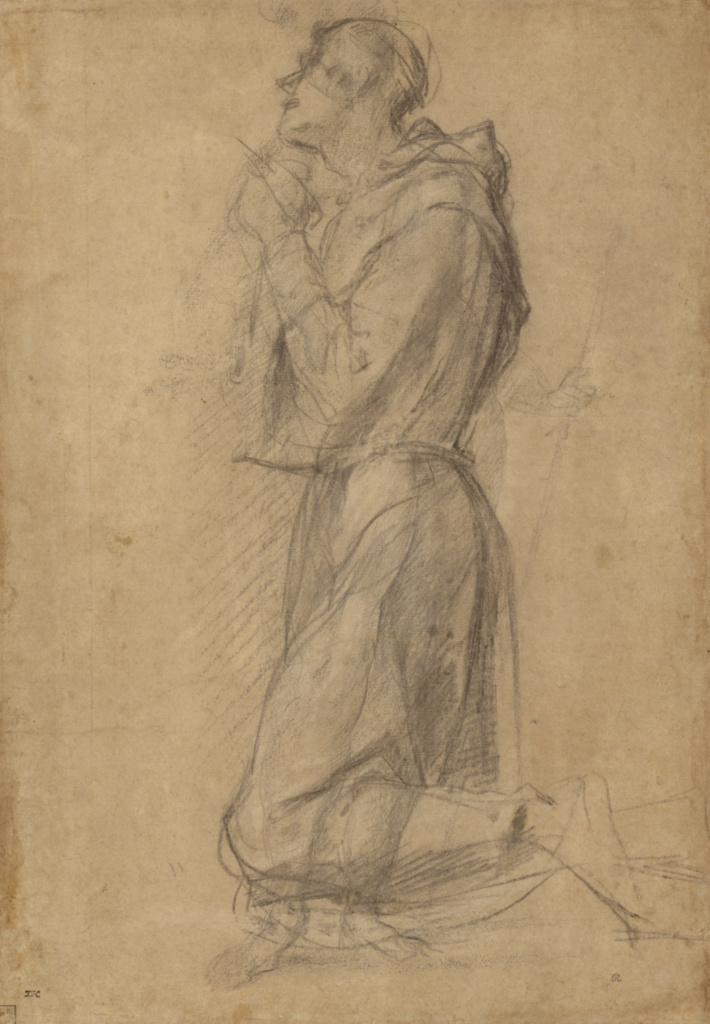St Francis of Assisi is well known for his love of poverty, but he was not born into poverty. In fact, he was born into wealth and privilege, and once dreamt of glory on the battlefield. He thought these were the things that would bring him happiness. It was not until he encountered the leper that he realized that true happiness is found in God alone.
St Francis exclaimed, “And the Lord himself led me among them [the lepers] and I showed mercy towards them. And withdrawing from them, that which once seemed bitter to me was changed into sweetness of soul and body.”
This was the key event for Francis, the one that led him to his conversion. Wanting to imitate Christ, he embraced radical poverty. For Francis, that meant not just renouncing material goods but also putting on the attitude of Christ, to strive to be perfect as the Heavenly Father is perfect, to serve
with humility and charity rather than be served, to be poor among the poor.
As the lepers helped him to overcome his revulsion, he began to show compassion to all, treating everyone as if they were Christ himself. Francis and the early brothers devoted themselves to the care of lepers, who were rejected by society, and to bringing God’s love, peace, joy and hope to those were desolate. The brothers began to look beyond themselves and began to seek to comfort those who were suffering physically and emotionally.
The more Francis immersed himself in serving others, putting his faith in action, the more he was drawn to empty himself, even to going the extra mile for the sake of others. He found his ability to love magnified every day, and this led him to strive to perpetually seek God’s will in his life.
Francis’ quest led him to the knowledge that our God is the “Most High Glorious God”, a God who is love, mercy and compassion. In steadfastly following the will of God in his life, Francis began to experience life to the full. He felt a strong sense of God in his daily life, and the awareness of
God’s presence within him gave him a new way of looking at the world.
He began to see God’s presence in others. “What was bitter was changed into sweetness” for him for he was able to discover the dignity and beauty of each person, whether they are rich or poor, healthy or sick, strong or weak, young or old. They were all God’s beloved children. He found that all
of creation manifested the beauty of God.
It was God’s gift to him. As Francis rightly put it “the Lord himself led me among them”. Francis knew that God’s gifts were to be shared with others. As he experienced life to the full, he wanted others to also have meaningful lives. For he knew that it is in mutual sharing, in washing each other’s feet that God’s reign is manifested among us.


